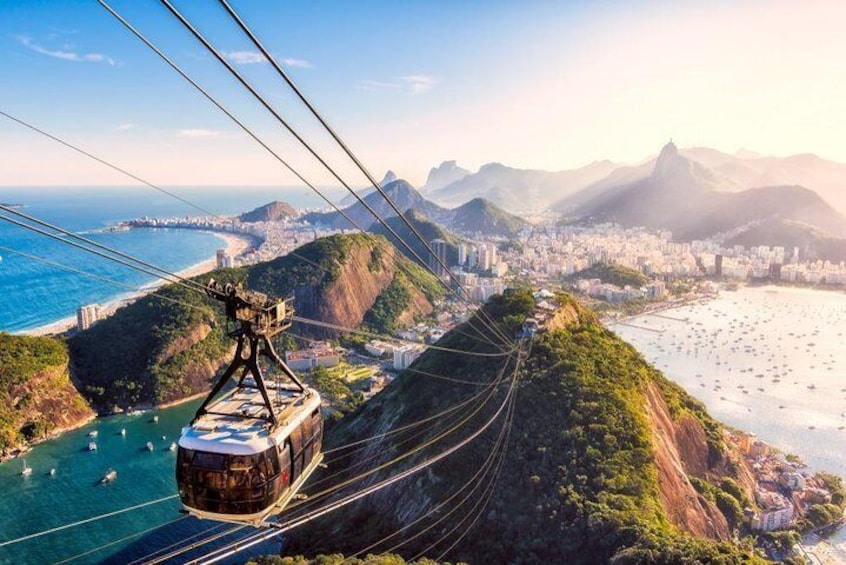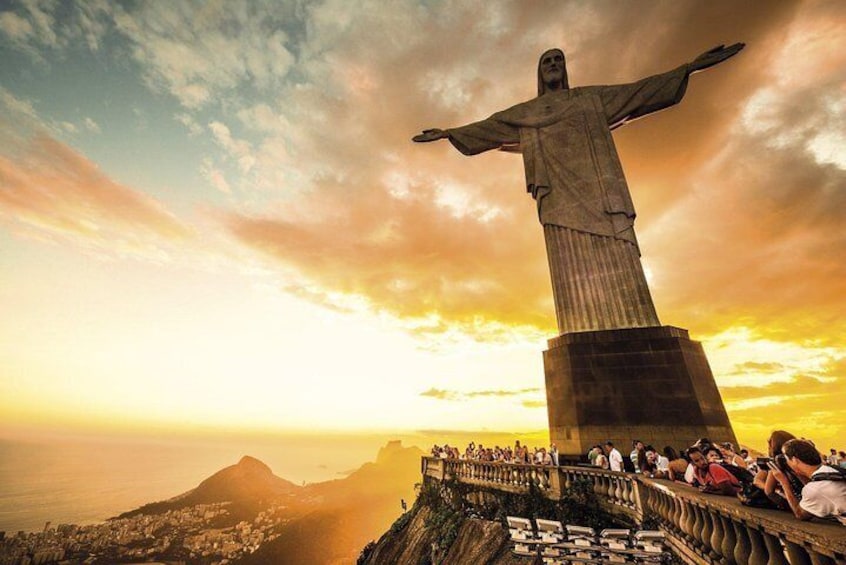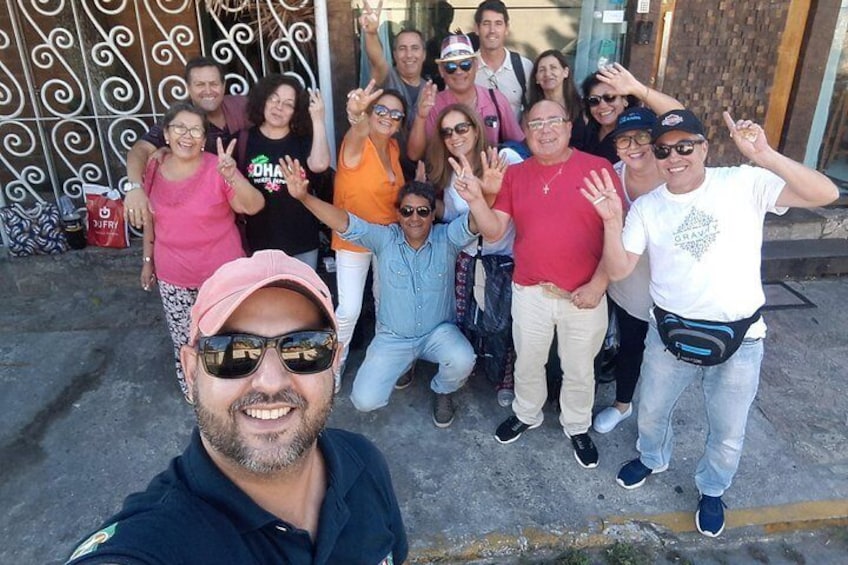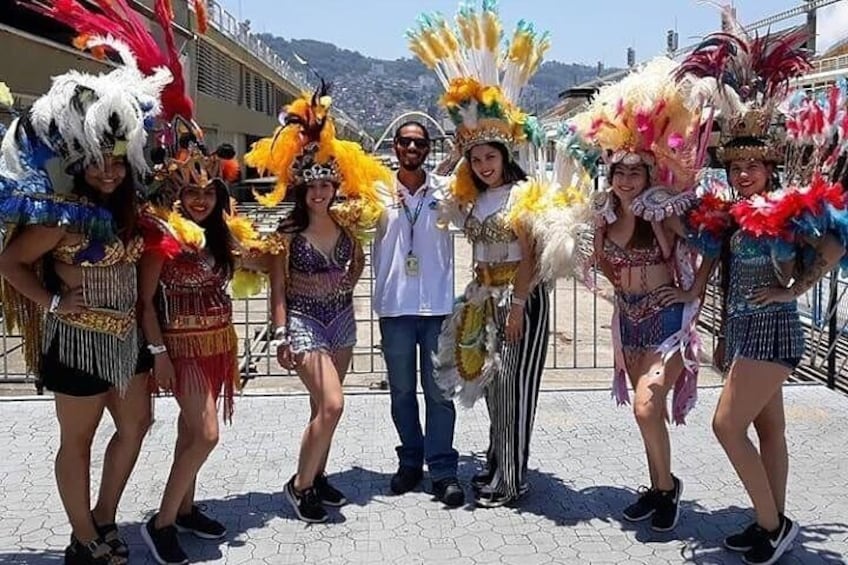Book your entire trip in one place, with free access to Mates Rates





A FULL DAY in RIO - ALL INCLUSIVE!
8.4/10
8.4 out of 10Features
- Free cancellation available
- 8h
- Mobile voucher
- Instant confirmation
- Selective hotel pickup
- Multiple languages
Overview
With one of the most breathtaking landscapes on the planet, the city of Rio de Janeiro is fully deserving of the title of “Wonderful City”. With a unique geography, the city is surrounded by natural beauty, which enchant all who know it. The city can integrate in perfect harmony its Tijuca forest with its beautiful beaches and lagoons. Its warm, friendly people provide an even more enjoyable experience and make Rio de Janeiro one of the most sought after destinations in the world.
The tour includes visit to the following sights of the city:
Tijuca Forest (Christ the Redeemer Path)
Christ the Redeemer
Sugar Loaf
Maracanã (External Visit)
Sambadrome
Metropolitan Cathedral
Selarón Staircase
Lunch at a buffet restaurant in Copacabana
Tickets Included: Christ the Redeemer and Sugar Loaf
Approximate Duration: 8 Hours
Boarding Time: 8:30
Boarding Place: South and Central Zone Hotels (consult)
Transport Type: Van
Frequency: Daily
Activity location
- Corcovado - Christ the Redeemer
- Estrada Redentor - Alto da Boa Vista, Parque Nacional da Tijuca
- 22241-330, Rio de Janeiro, State of Rio de Janeiro, Brazil
Meeting/Redemption Point
- Leme
- Leme, State of Rio de Janeiro, Brazil
Multiple meeting/redemption points available, see location information for full list
Check availability
A FULL DAY in RIO - ALL INCLUSIVE!
- 8h
- English
Pickup included
What's included, what's not
- Christ the Redeemer Ticket
- Lunch
- Sugar Loaf Ticket
- Air-conditioned vehicle
- Drinks and Desserts
- Maracanã Stadium Ticket
Know before you book
- Wheelchair accessible
- Infants and small children can ride in a pram or stroller
- Service animals allowed
- Public transport options are available nearby
- Infants are required to sit on an adult’s lap
- Transport options are wheelchair accessible
- Suitable for all physical fitness levels
Activity itinerary
Corcovado - Christ the Redeemer
- 2h
- Admission ticket included
Sugarloaf Mountain
- 2h
- Admission ticket included
Maracanã
- 30m
- Admission ticket not included
Sambodromo da Marques de Sapucai
- 30m
The Metropolitan Cathedral of Saint Sebastian
- 30m
Carioca Aqueduct (Pass by)
Escadaria Selaron
- 30m
Location
Activity location
- Corcovado - Christ the Redeemer
- Estrada Redentor - Alto da Boa Vista, Parque Nacional da Tijuca
- 22241-330, Rio de Janeiro, State of Rio de Janeiro, Brazil
Meeting/Redemption Point
- Leme
- Leme, State of Rio de Janeiro, Brazil
- Copacabana
- Copacabana, State of Rio de Janeiro, Brazil
- Centro
- Centro, State of Rio de Janeiro, Brazil
- Leblon
- Leblon, State of Rio de Janeiro, Brazil
- Ipanema
- Ipanema, State of Rio de Janeiro, Brazil